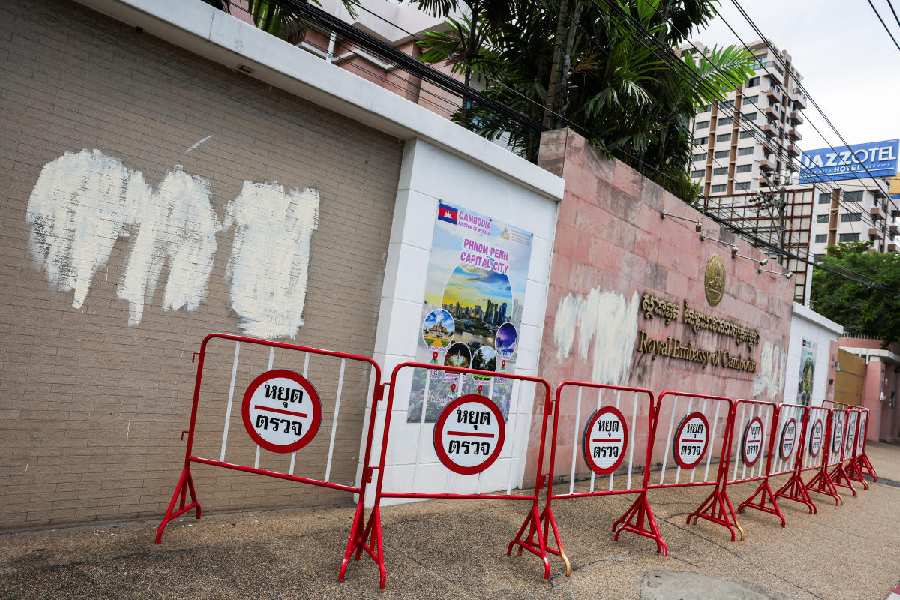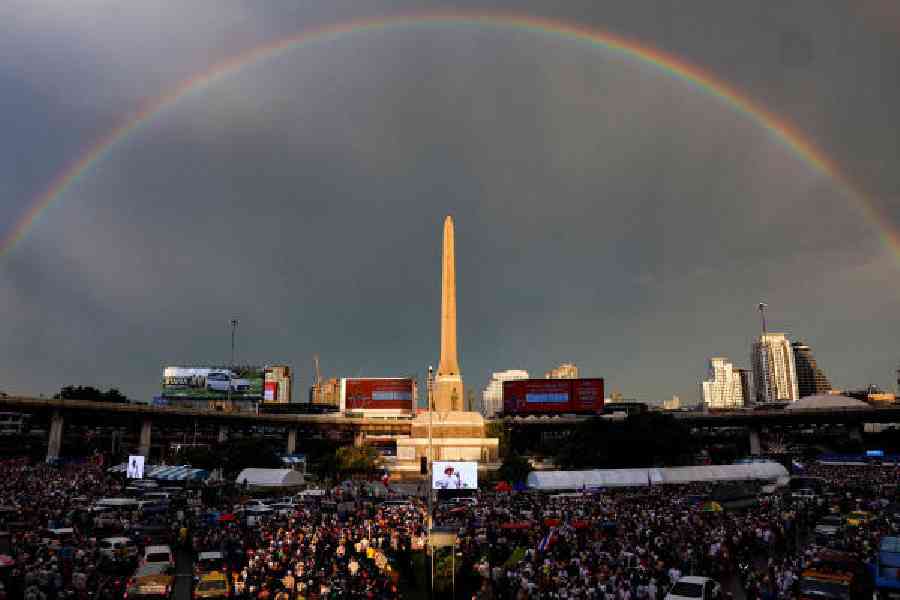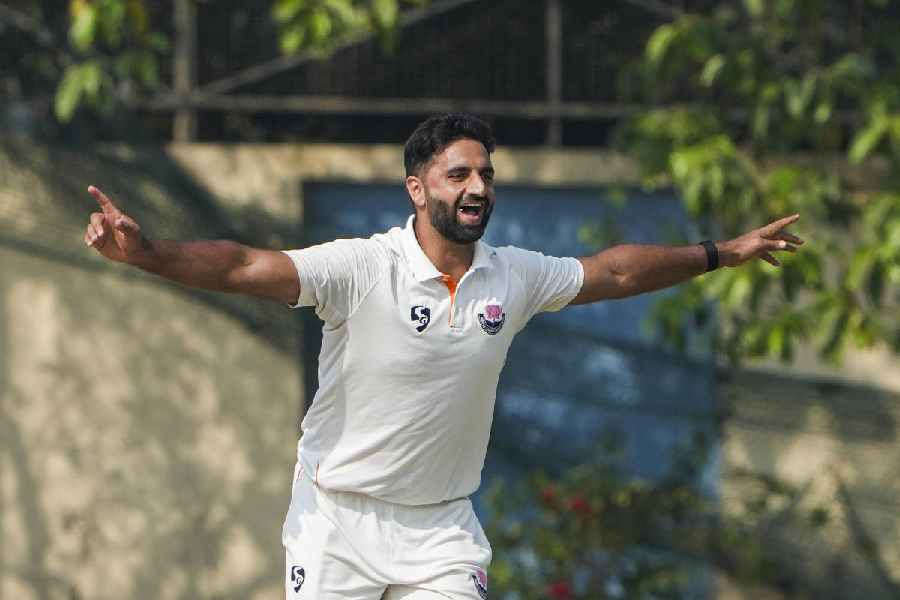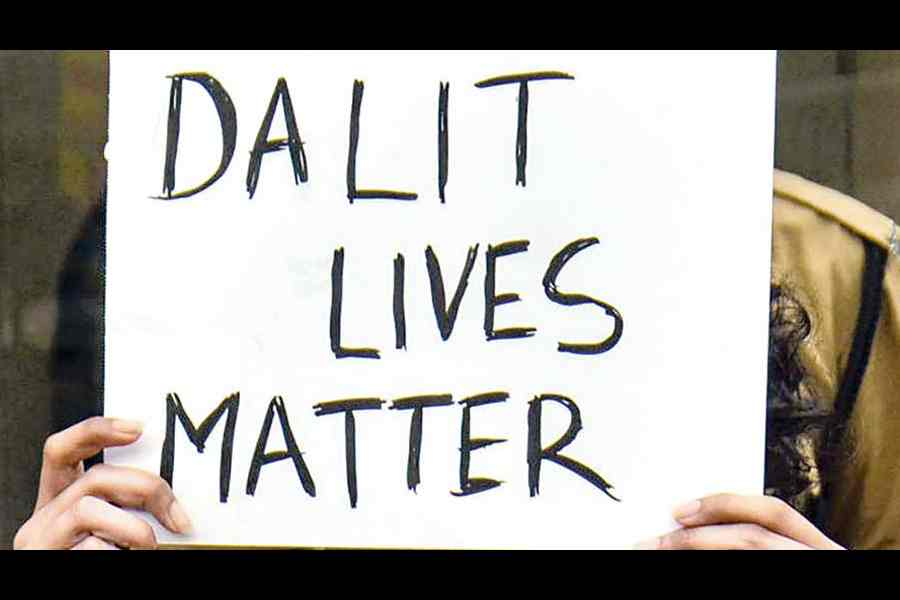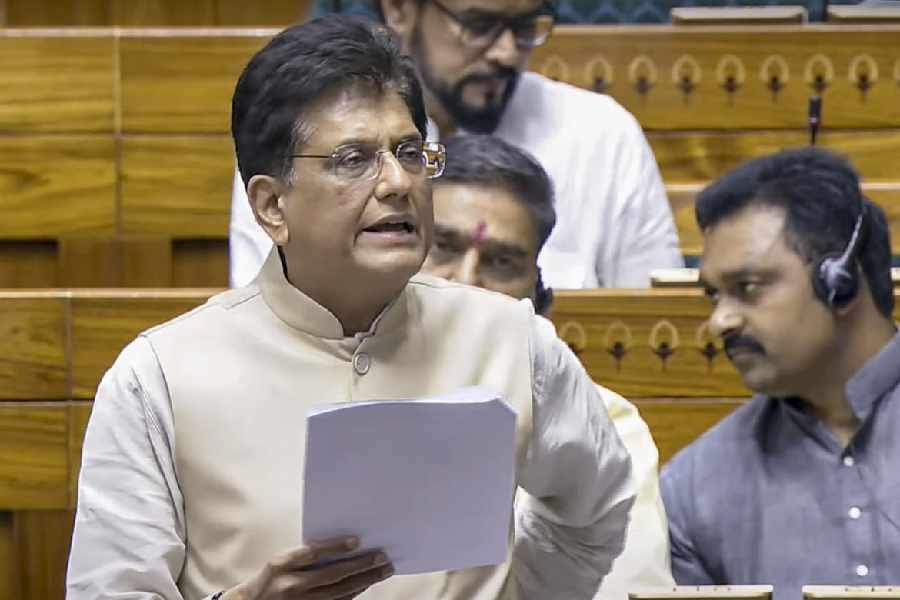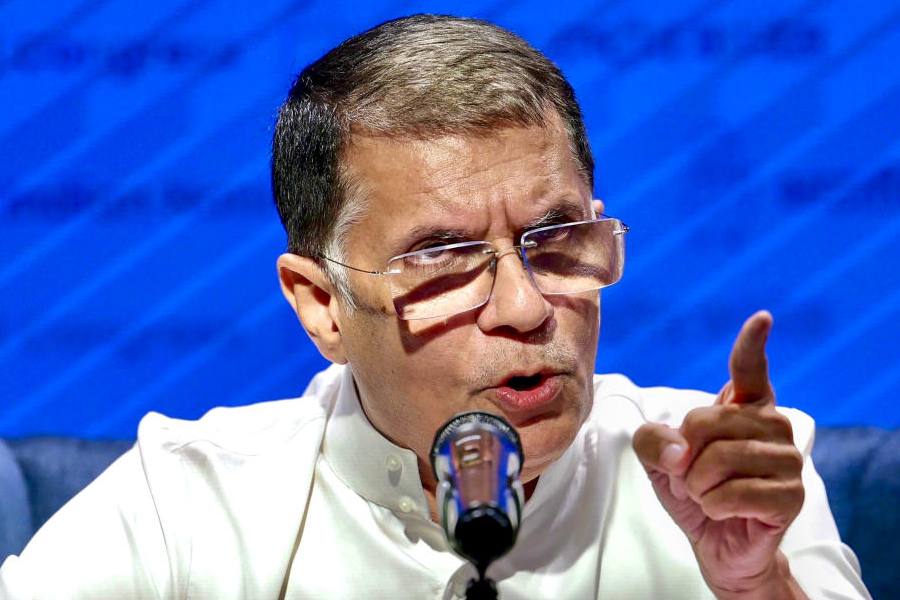At least nine Thai civilians were killed and 14 others injured in renewed border clashes between Thailand and Cambodia on Thursday, marking a dangerous escalation in tensions that have been simmering for months.
Thai authorities reported that artillery shells fired from Cambodian territory struck a residential area in Thailand’s northeastern Surin province, injuring three civilians.
In response, the Royal Thai Army confirmed it had launched airstrikes against what it described as military targets inside Cambodia.
F-16 deployed
An F-16 fighter jet was deployed and destroyed one such target, with officials stating that several more jets were on standby.
"We have used air power against military targets as planned," said Thai army deputy spokesperson Richa Suksuwanon.
The fighting broke out near the Khmer Hindu temple of Prasat Ta Muen Thom, a historic site located in Thailand's Surin province but also claimed by Cambodia.
Both countries accused each other of initiating hostilities. The Thai military claimed Cambodian troops opened fire near the temple, deployed a surveillance drone and advanced with heavy weapons including rocket launchers.
Cambodia's defence ministry rejected the claim and said it was Thailand that launched the first armed assault.
Borders shut
Thailand’s military has shut down all border checkpoints with Cambodia and said skirmishes are ongoing at six different locations along the disputed border.
The Cambodian government has also accused Thailand of targeting civilian areas. In a statement, former Cambodian premier Hun Sen, father of current prime minister Hun Manet, said Thai shelling had struck two Cambodian provinces.
Prime Minister Hun Manet declared, "Cambodia has always taken a stand to solve problems peacefully, but in this case we have no choice but to respond with armed forces against armed aggression."
The Thai foreign ministry said Cambodia had fired on Thai civilian areas, including a hospital, resulting in fatalities.
On the brink of full-fledged war
The ministry condemned the actions as serious violations of international law and warned that Thailand was prepared to intensify self-defence measures if Cambodia continued its attacks and encroachments.
In a swift deterioration of diplomatic ties, Cambodia downgraded relations with Thailand on Thursday. The Cambodian government expelled the Thai ambassador and recalled all Cambodian diplomatic staff from its embassy in Bangkok.
The move followed Thailand’s earlier decision to close its northeastern border crossings, withdraw its ambassador and expel Cambodia’s envoy in response to a landmine explosion that seriously injured five Thai soldiers.
What led to the recent airstrikes
The current bout of violence stems from a May confrontation in which a Cambodian soldier was killed in an area both countries claim. Tensions escalated further last week after five Thai soldiers were wounded in a landmine blast.
Thailand alleges that Cambodia violated a mutual agreement by laying mines in designated safe paths. Cambodia denied the accusation and claimed many unexploded mines remain along the border from the civil war and unrest between 1970 and 1988.
Cambodia’s defence ministry condemned what it called Thailand’s "reckless and brutal military aggression" against Cambodian sovereignty and territorial integrity. It confirmed that Thai fighter jets had dropped two bombs on a road, citing reports by Reuters.
Emergency announced
Thailand has activated its “Chakrapong Phuwanart” emergency plan, a military protocol last invoked during the 2011 conflict over the Preah Vihear temple.
Acting Prime Minister Phumtham Wechayachai emphasised that the situation required careful handling. "We must act in accordance with international law. We will do our best to protect our sovereignty," he said.
The Thai embassy in Cambodia has issued an urgent advisory for all Thai nationals to leave the country. Those with pressing matters have been advised to remain with caution.
(With inputs from Agencies)

